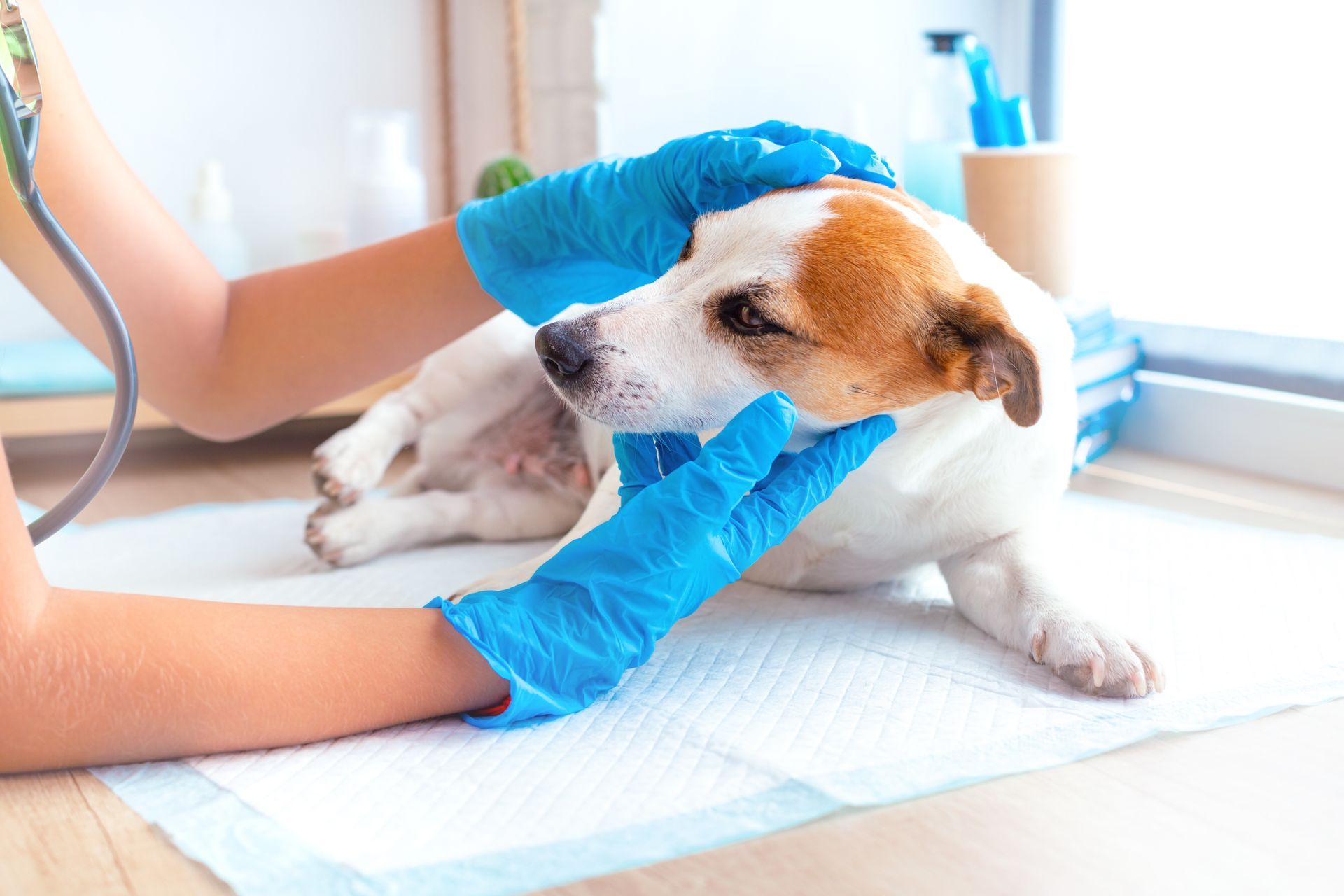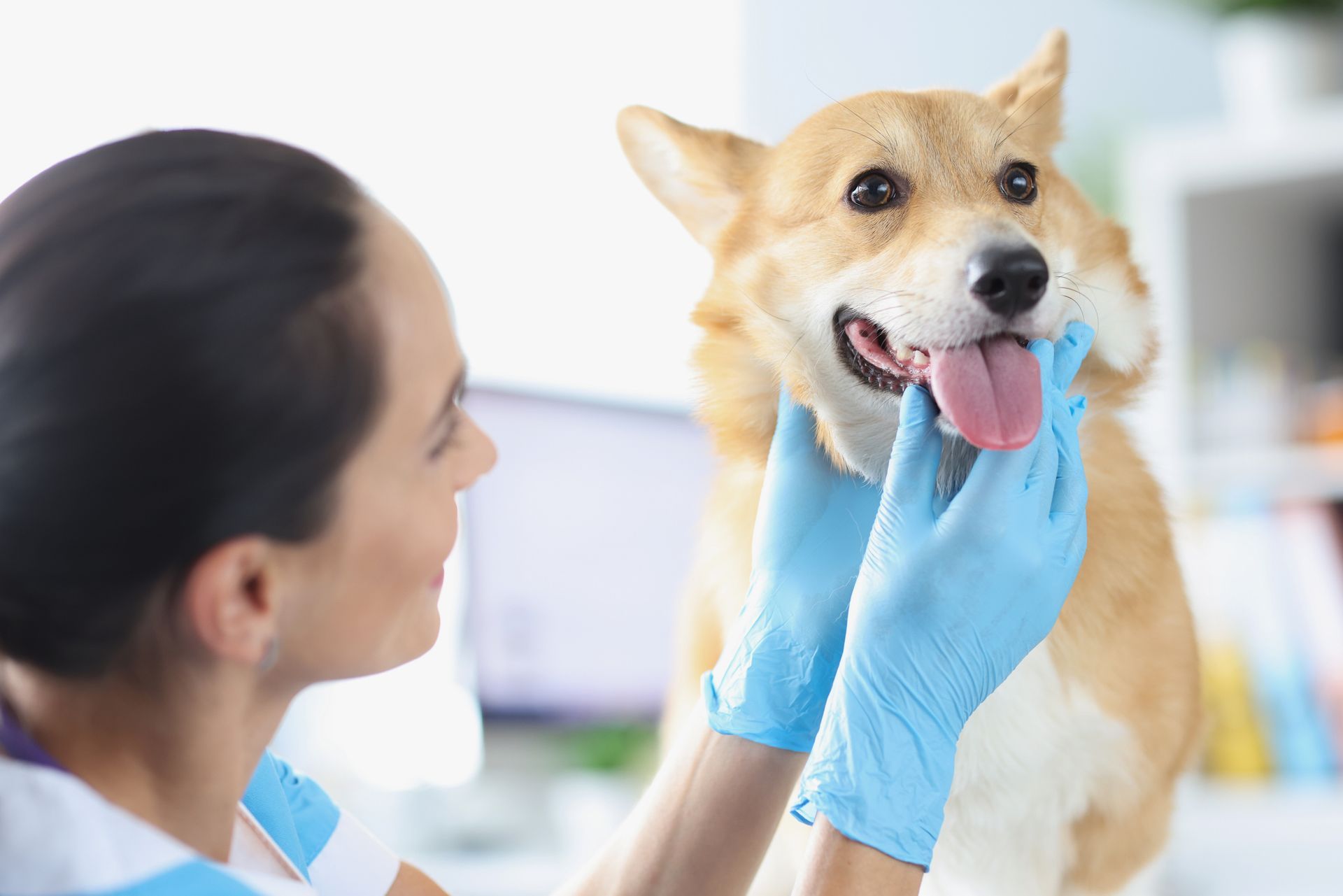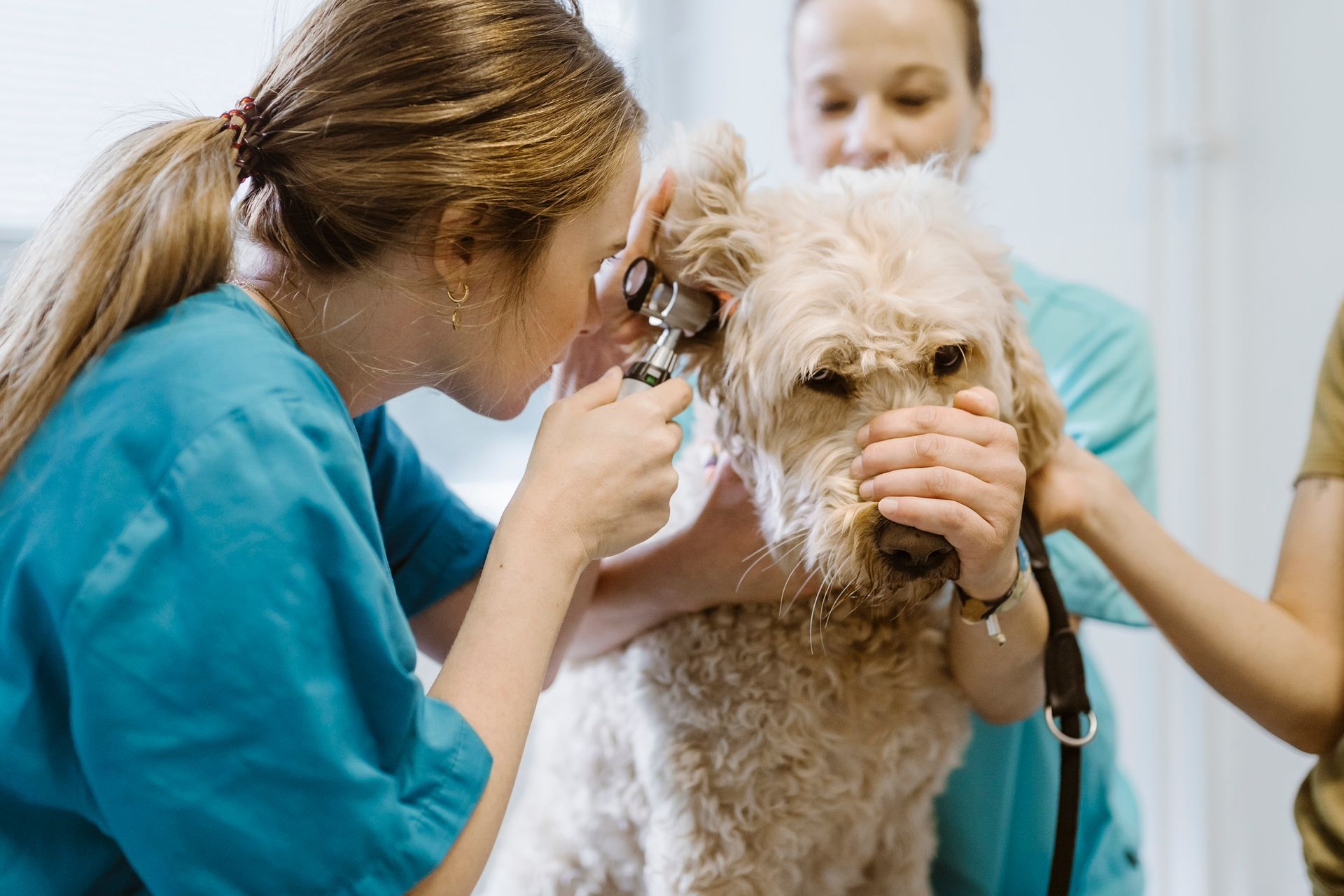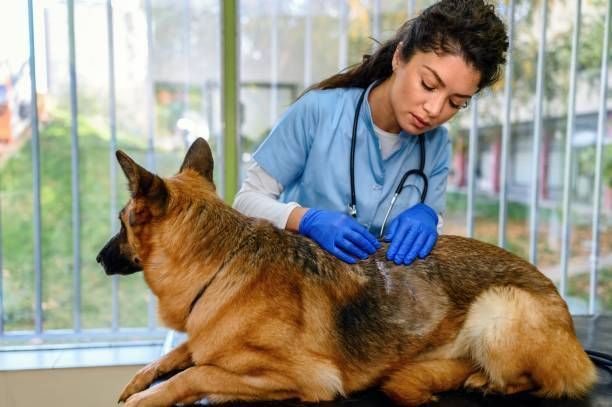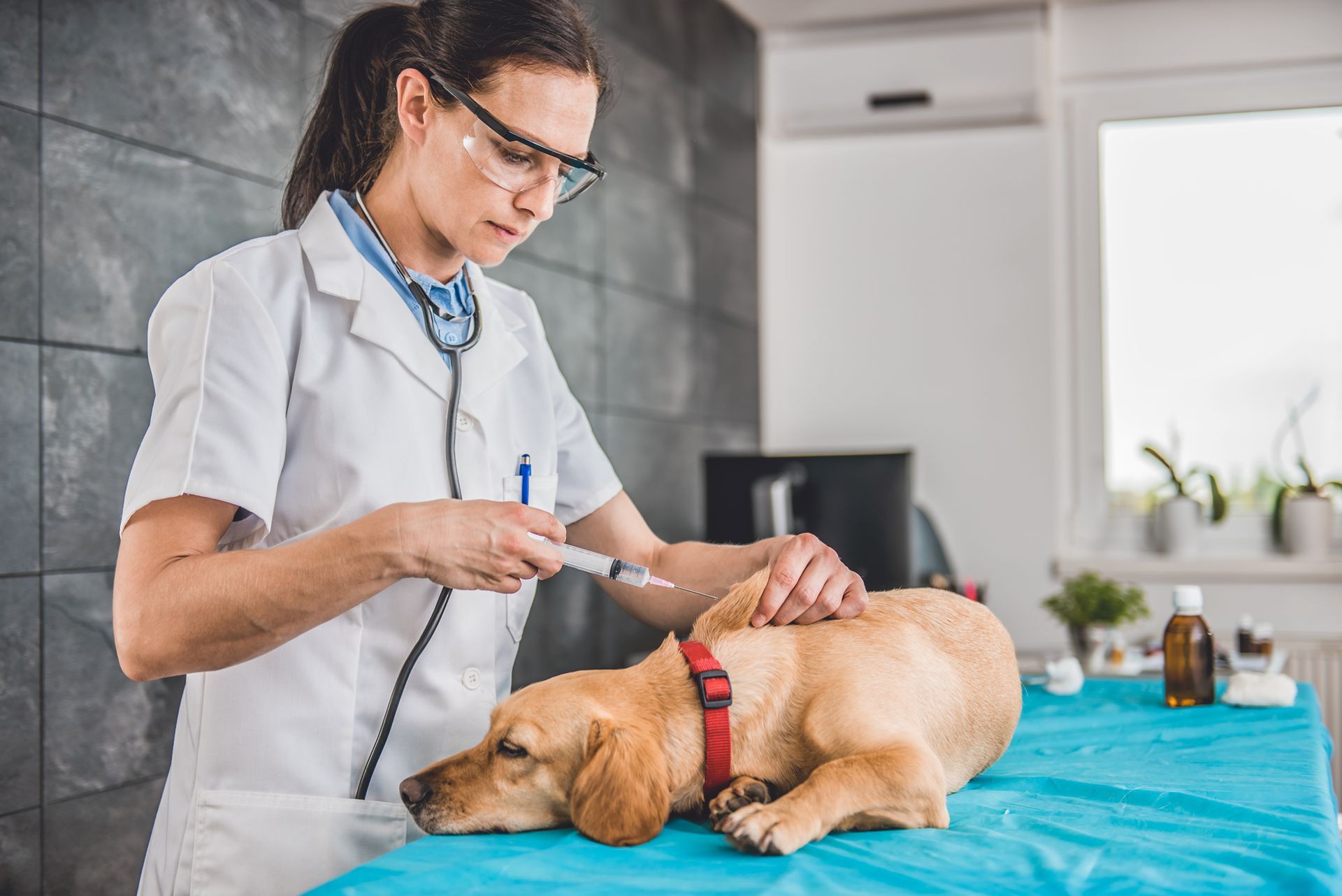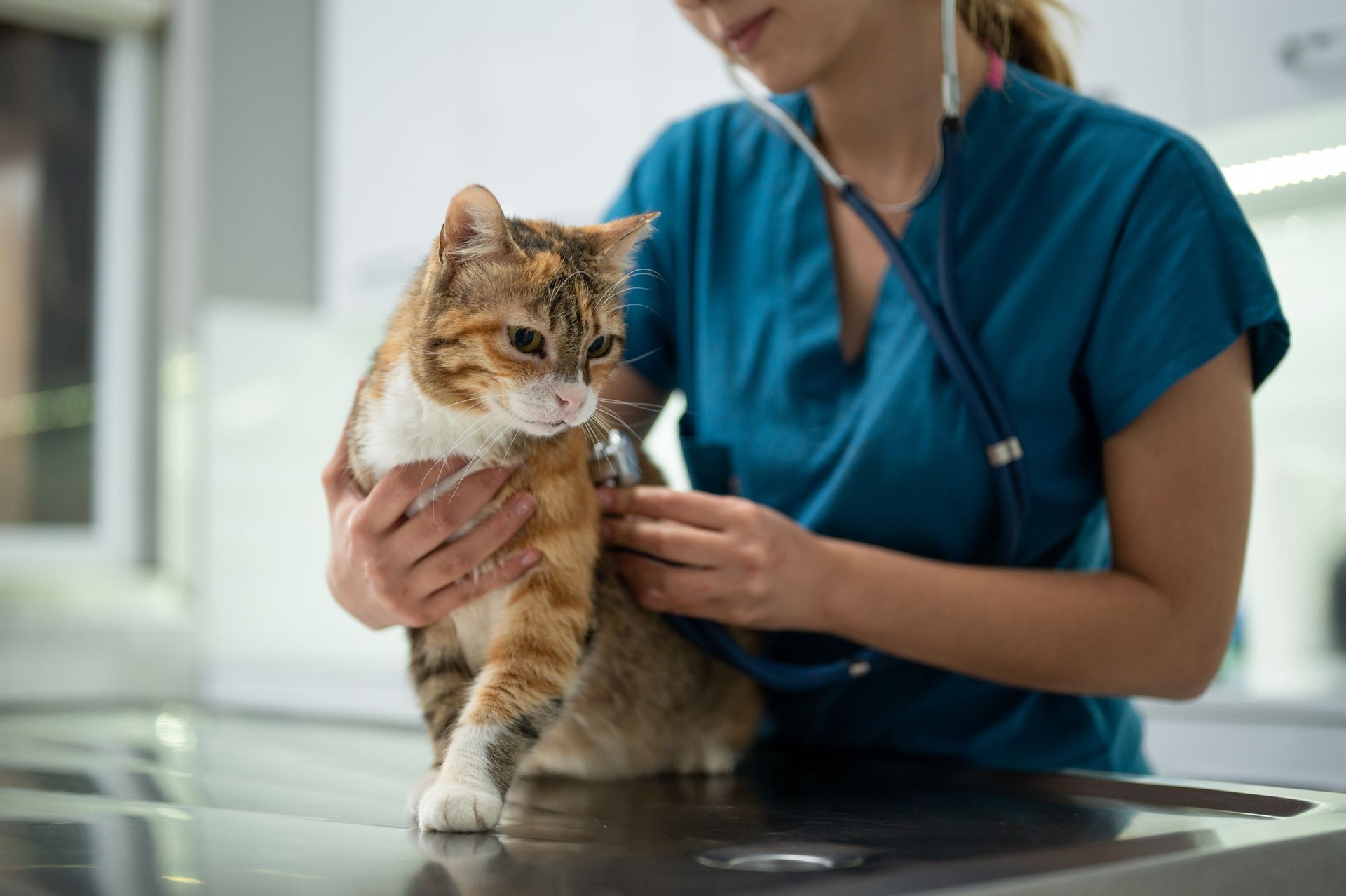Why Spay Your Dog?
Should you spay your dog? This common surgical procedure includes the removal of the dog's ovaries and uterus, making it impossible for your pup to procreate. If you're not sure whether to spay, or not to spay, take a look at the top reasons to schedule this surgery.
Decrease the Risk of Mammary Cancer
Humans aren't the only mammals who can develop breast cancer. It's possible for your dog to also battle with this disease. Like the name implies, mammary cancer develops in the dog's mammary glands. This type of cancer rarely affects males and is much more commonly found in female dogs.
Even though spaying your dog won't eliminate the risk of mammary cancer, it can decrease your dog's chances. Tumors are more common in dogs who either weren't spayed until after reaching age two or weren't spayed at all.
According to the American College of Veterinary Surgeons (ACVS), a female dog's risk of developing a mammary tumor is only 0.5 percent if she's spayed before her first heat. This number rises to eight percent for dogs spayed after their first heat, and 26 percent for those spayed after their second heat.
Keep in mind, even though spaying your dog early on can dramatically decrease the mammary cancer risk, you should still bring suspicious symptoms to the attention of the vet. Masses in the mammary area, loss of skin tissue over the area, breathing trouble, and swollen lymph nodes are possible symptoms of this canine cancer.
Eliminate Uterine Issues
Without a reproductive system, your dog can't develop uterine diseases. Un-spayed dogs (and dogs who still have some ovarian tissue left) are at risk for a potentially serious bacterial infection known as pyometra. The infection causes the female dog's uterus to fill with pus.
While medications such as antibiotics and prostaglandins are used to treat this infection, most dogs will need a spay procedure to stop the progression of pyometra.
Stop the Heat Cycle
Not only does spaying prevent potentially serious diseases, it can also stop your dog from reaching estrus (or heat). Like human females, canine females also have a reproductive cycle. According to the American Kennel Club, most dogs reach this stage near or just after six months of age. Some dogs, such as smaller breeds, may experience their first heat earlier on.
A dog in heat may try to escape from her yard or bolt during a walk — especially if a male dog is near. This, and other behavioral changes, can make estrus a stressful time for your dog and everyone else in your family. Along with the behavioral changes your dog may exhibit when she goes into heat, she'll also bleed. The only way to completely stop your dog's heat cycle is to spay her.
Reduce the Dog Population
Again, dog in heat is a dog who is ready to mate. This means your of-age dog could become a mother — which forces you into taking care of her new puppies. Unless you want to breed your dog, a spay surgery can stop your pup from adding to dog overpopulation. According to the ASPCA, 3.3 million dogs enter animal shelters in the United States each year. Only 48 percent of these dogs are adopted.
While it may not seem like your lone dog's litter won't add to the population problem, consider whether you can keep and care for one, two, three, or more puppies. If you don't have the space, time, or funds to raise your dog's brood, a spay procedure is the way to go.
Do you need to schedule a spay surgery for your female dog? Contact Baywood Animal Hospital for more information.


